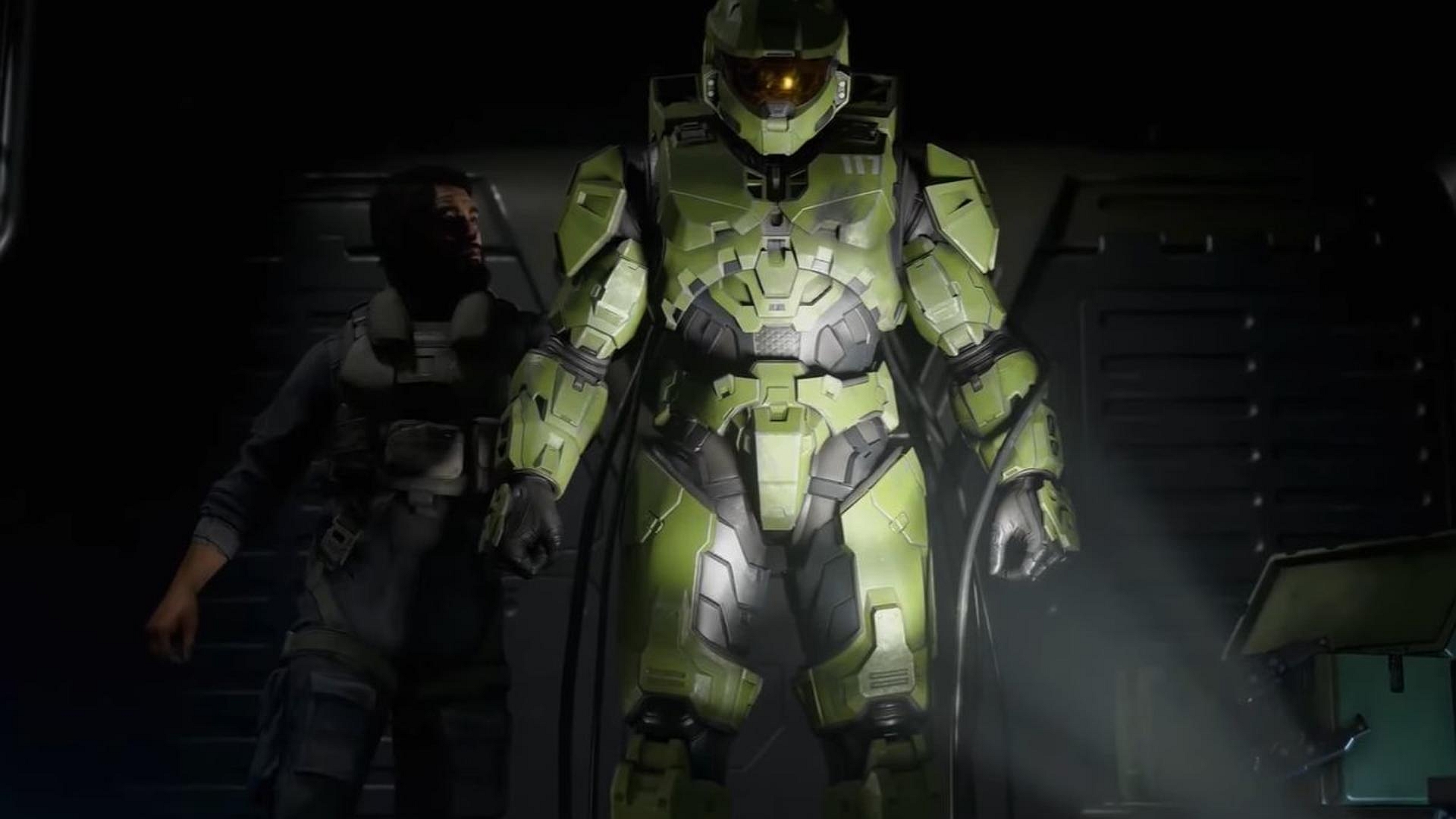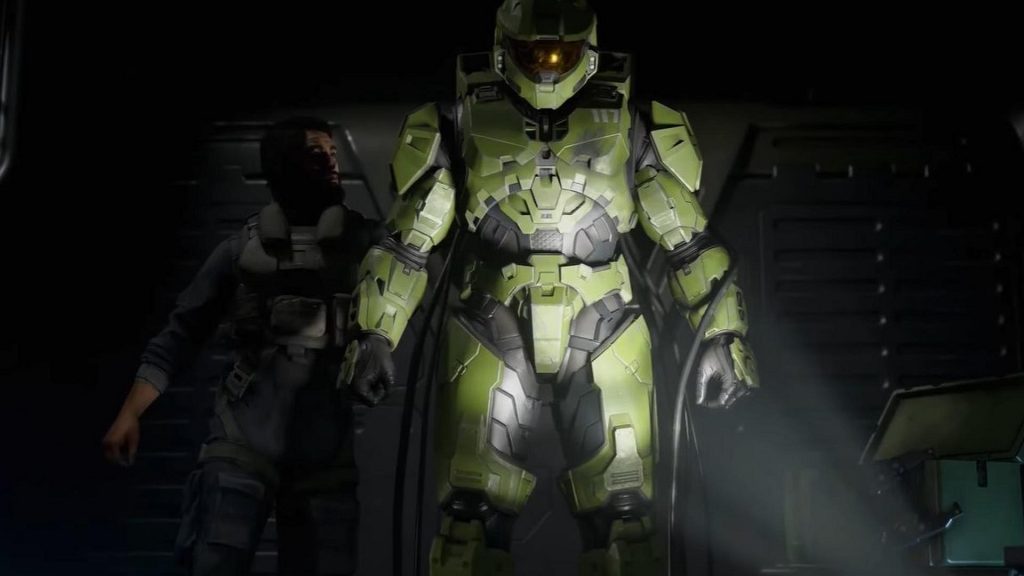Head of Xbox Game Studios Matt Booty caused quite a stir recently when he revealed that the Xbox Series X will not feature any Microsoft exclusives for years to come.
What does that mean? Well, it means that for at least the first year or two of the Xbox Series’ X availability, games made by Xbox Game Studios (and, seemingly, its partners) will not be exclusive to Microsoft’s next-gen platform. Instead, they will be available for next-gen Xbox consoles, the various Xbox One incarnations, and, most likely, PC.
That’s a, largely, unheard-of move. What kind of a first-party studio doesn’t want to use exclusives to push the sales of its next console?
The answer is “The kind of studio that proves once again that it understands the present and future of console gaming better than its competition.”
We’ve spoken before about how you might want to lower your expectations for the next generation of gaming. To reiterate, though, gaming technology is in a strange place right now. While things like ray tracing and a push for 8K gaming remain generally agreed upon technological goals, the truth of the matter is that tangible improvements in gaming technology over the last several years have been marginal. Games look better, but there are few people out there that are pushing the technological envelope.
All of that is to say that there’s a very good chance that Xbox Series X launch games (and even games released within the console’s first year or so) are likely not going to look significantly better than the games we see running on the Xbox One S and (especially) the Xbox One X.
Microsoft seems to be acknowledging that via this decision. While we’ve seen games release on both next-gen and current-gen consoles simultaneously around the time of the former’s launch, most of those games have been third-party titles. Until fairly recently, many of those third-party games incentivized gamers to splurge on a next-gen console in order to experience them “at their best.”
Microsoft will almost certainly emphasize that their games will run best on the Series X, but they’re also acknowledging that there are many times when most gamers don’t need to purchase a new console at launch. Rather than “force” those gamers to purchase a new console by withholding certain experiences, they’re preserving the lifespan of existing platforms by acknowledging that hardware upgrades and software upgrades don’t always happen at the same time and in the same ways.
While this policy is really just an extension of some of the things that Microsoft has been doing with the Xbox brand in recent years (most notably their generous backward compatibility policies, Game Pass program, and PC gaming support), it’s also more than that. It’s an example of how Microsoft is trying to move gaming forward by shedding some of the burdens of the past.
Part of the reason why exclusives are sometimes looked down upon is due to the implication that they really only exist to get you to buy multiple video game consoles. This is especially true of next-gen launch exclusives which are typically released at a time when consoles are at their most expensive (and when they’ve yet to be refined through updates and iterations).
Perhaps Microsoft isn’t entirely killing the exclusive with this decision, they are wounding the idea that the exclusive simply needs to exist in order to sell a new console. Instead, they’re saying “Yes, we have exclusive games made by ourselves and our partner studios, but your obligation to purchase a console for them is going to be rooted in the belief that there is truly no other console that is capable of playing them.”
Is that an optimistic read of this situation? Perhaps, but again, Microsoft has proven in the very recent past that they’re willing and able to make decisions that not only help move gaming towards the future but decisions that are consumer-friendly. Even if you doubt the long-term implications of this decision, there is little about it that can’t be interpreted as a good thing for gamers.




